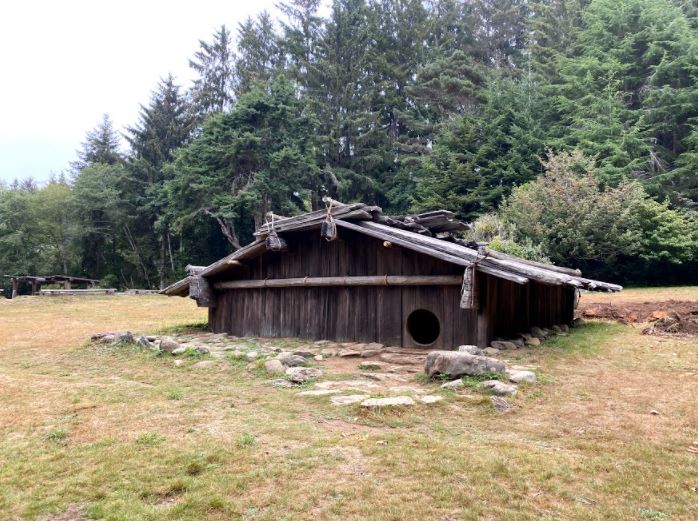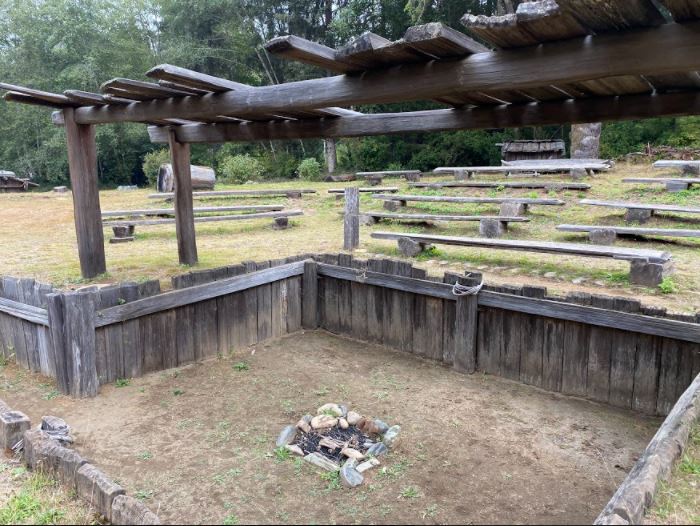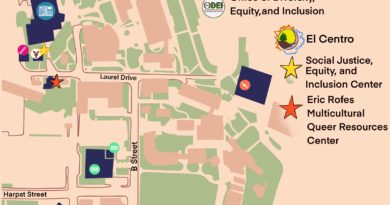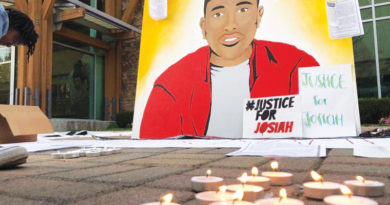From Patrick’s Point to Sue-meg, an emotional victory for the Yurok Tribe
The State Parks and Recreation Commission has approved the name change for what was formerly known as Patrick’s Point State Park to Sue-meg State Park on Sept. 30. This historic change was set in motion by a formal request submitted by the Yurok Tribe.
Sue-meg State Park is the first park to officially change its name back to the culturally significant name given by the Yurok Tribe. This monumental change is part of the Reexamining Our Past Initiative ordered by Governor Gavin Newsom.
Rosie Clayburn, the Tribal Heritage Preservation Officer for the Yurok Tribe, stated that we can expect sign changes, new brochures, as well as potentially hosting a community covid safe event to celebrate. According to parks.ca.gov, the Reexamining Our Past Initiative also aims to build more upon the interpretive educational programs and exhibits.
“We don’t often get victories,” Clayburn said. “It’s having a place name that has always been there, restored.”
The approval of the place name has left a huge impact on the Yurok Tribe. Clayburn shared that it was an emotional victory. This change also set a new standard for the ways in which the State Parks and the Yurok Tribe work together moving forward.
“We had the state park hire its first full-time interpreter for Sue-meg,” Clayburn said.
Clayburn said the process to make this place name change was long, however the State Parks officials listened to their requests and then took action to make them a reality. The conversation for this change first came about during the construction of Sue-meg village.
According to a handout from the State Park visitor center, Sue-meg village was built in 1990 as a replica of the many Yurok villages that spanned from Crescent City southward near McKinleyville in the 1800s. Sue-meg village includes family houses, changing houses, sweat house, dance pit, redwood canoe, and a native herb garden.
Aside from being used as an educational tool through the park system, the Yurok Tribe and other neighboring Indigenous communities use these structures for cultural practices.
“Although it’s a long process, the formal process was pretty short,” Clayburn explained. “We actually have decision making power, and you know we’re actually like heard.”
Sue-meg State Park is open to the public every day of the week from 8 a.m. to 9 p.m. It offers educational signs, structures, and interpretive programs as well as various hiking, camping, and day use recreation. There is an $8 entrance fee that grants you one day access to the 640 acres of Yurok tribal land.







